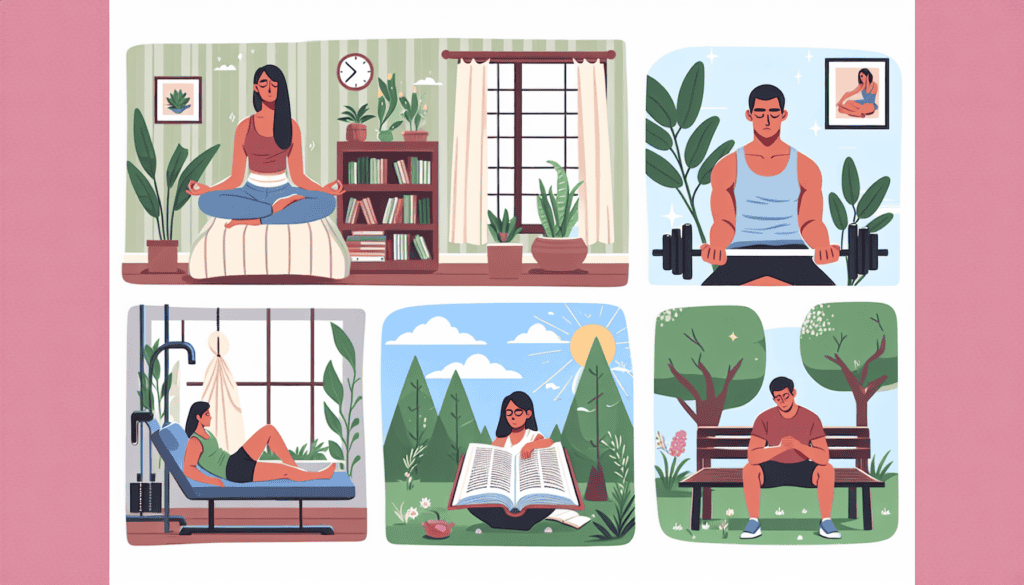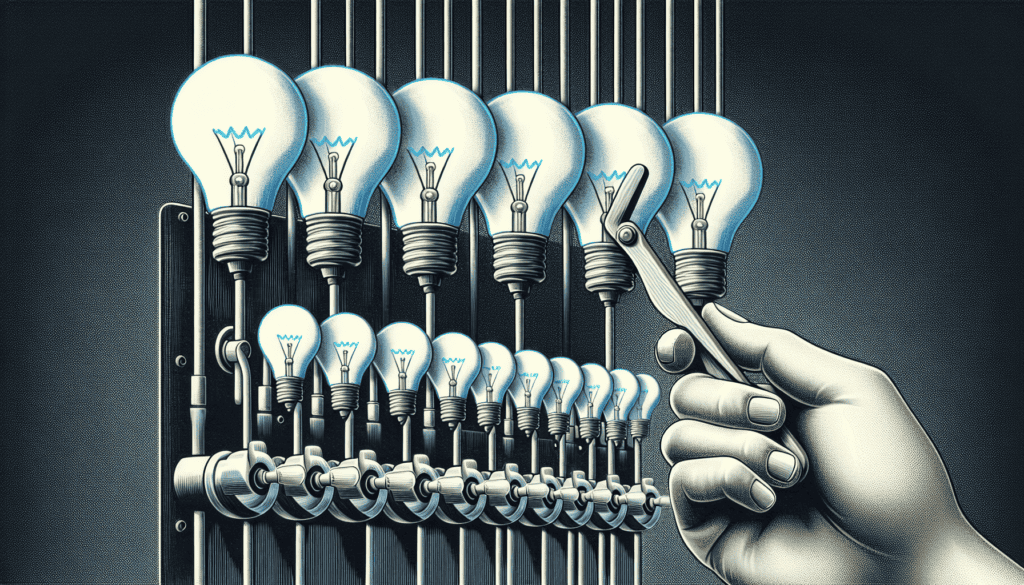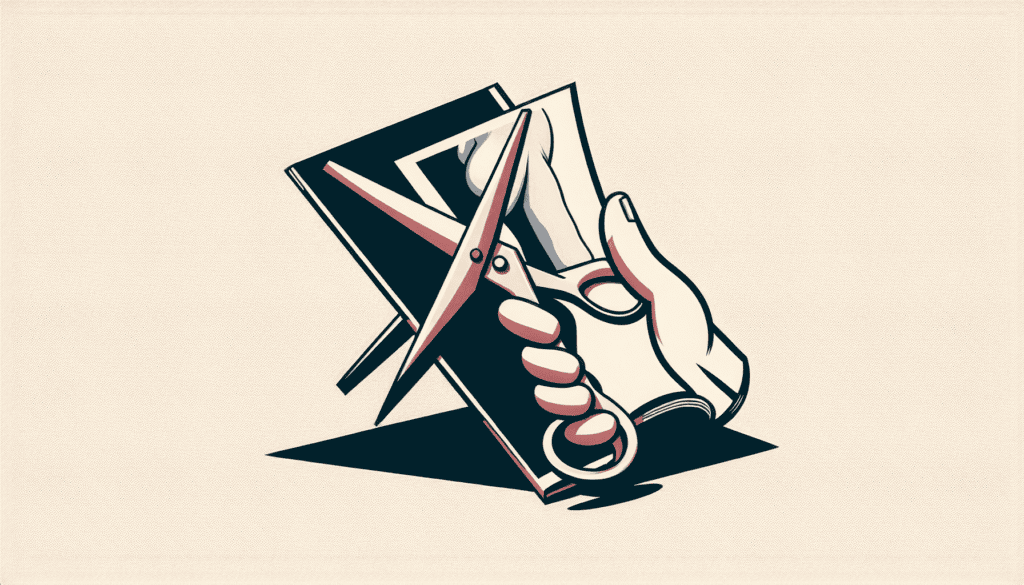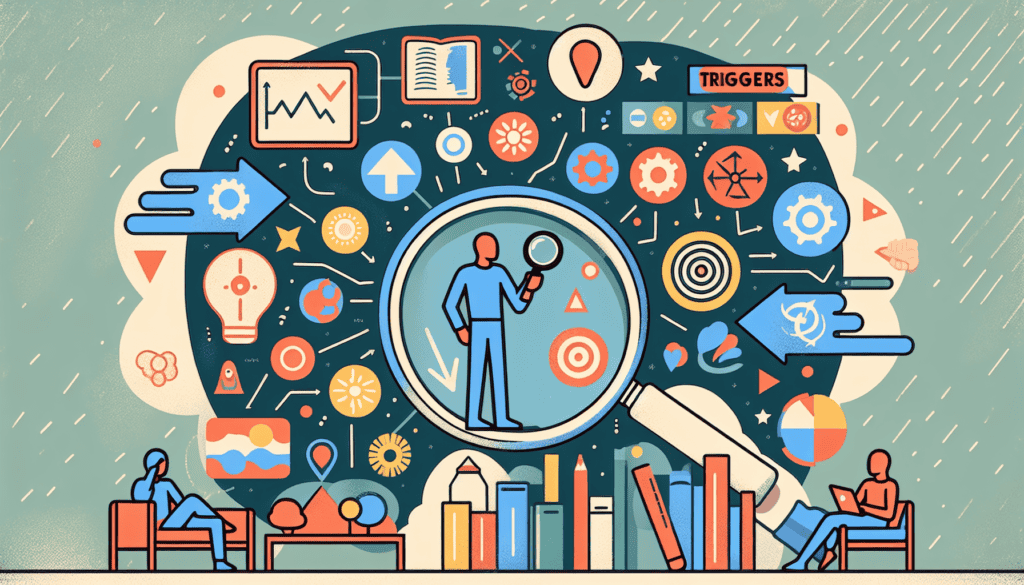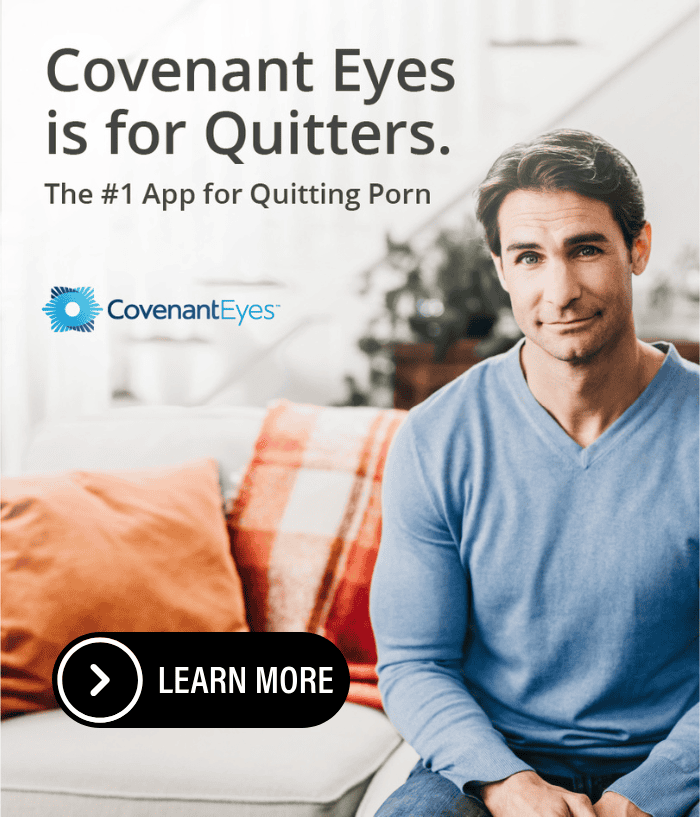Understanding the Recovery Journey
Definition of Recovery
Recovery isn’t just about quitting substance use; it’s about finding a way to live a life that feels good and makes sense to you. It means tackling struggles with mental health, including PTSD (Alberta Health Services). Recovery isn’t a one-size-fits-all deal. People get to decide what recovery means based on what matters most in their lives.
Principles of Recovery
Some key ideas help steer people through recovery, and knowing these concepts can make handling the tough parts a bit easier. Imagine keeping these ten guiding lights in mind every day to spark some inspiration:
- Hope – It all starts with believing life can be worth living again.
- Personalized – There’s no map, just your road. Everyone’s path should fit their needs.
- Dignity – Treating yourself and others with respect builds a positive space.
- Empowerment – You’ve got the wheel; steer your own recovery.
- Holistic – Think whole: mind, body, spirit—they all matter in healing.
- Peer Support – Sometimes, leaning on others who get it can make a huge difference.
- Safety – Safe spaces help keep you moving forward and out of harm’s way.
- Cultural Competence – Appreciating different backgrounds makes the whole journey better.
- Community – Connecting with others makes the ride less lonely.
- Ongoing – Recovery isn’t a finish line—it’s like a road trip; you keep going.
Remembering these key ideas can keep you on track, even when the road gets rough. For more tips or personal stories, check out more on what folks don’t usually share about recovery.
Importance of Social Support
Kicking a porn addiction isn’t easy, and having some solid backup from your crew can make all the difference. We’re not just talking about a pat on the back here; it’s about friends, family, support groups, and community buds who can hand you support when it matters most – be it emotional, informational, or practical stuff. Knowing how social support boosts recovery is like having a roadmap for getting your life back on track.
Impact of Social Support
When you’ve got a team in your corner, life’s hurdles feel a bit less like mountains. Studies have seen that folks with better social support tend to stay away from falling back into bad habits. They’re more likely to stick it out in treatment, stay sober longer, and believe in their ability to stay clean (NCBI).
Research also suggests that people with great social ties feel happier and more satisfied with life. On the flip side, if your social support is more like a ghost town, you might struggle with substance issues and emotional bumps long after treatment (NCBI).
| Social Support Levels | Outcomes |
|---|---|
| High Support | Less relapse, better treatment vibes, longer clean stretches |
| Low Support | More struggle with substances, mental challenges |
Role of Social Support in Recovery
Let’s face it, recovering needs more than just willpower. Social support is your emotional safety net, offering comfort, encouragement, and a boost when the going gets tough. Signing up for groups like AA has its perks: more folks stay clean and report better relationships.
Getting involved with your support crew can also spur motivation for change. Stats say that feeling supported by pals and being active in 12-Step programs is a big factor in getting pumped up for change if you’re tackling substance issues (NCBI).
Building your own backup crew is key in moving past porn addiction. If you’re looking for more tips on setting up your social network for recovery, check out what are some helpful resources or support systems for recovery?.
Steps in the Recovery Process
Beating a porn addiction ain’t no walk in the park, but it starts with a few key moves that’ll set you on the right path. Each step stands like a trusted road sign, pointing folks towards a life with fewer bumps and more smiles.
Letting in Help and Starting Fresh
Step one? Coming around to the idea that you need a hand. Whether it’s from family, buddies, or the pros, realizing you can’t tackle this alone is a must-do. Yeah, it’s tough, but it’s how you lay down the groundwork for getting back on track (The Walker Center).
| What Matters | What’s It About |
|---|---|
| Embrace the Help | Knowing when to reach out. |
| Ready to Tweak | Catching onto the fact that habits need a makeover. |
| Building Bridges | Setting up a support crew for straight talk and honesty. |
Learning the Ropes
After you’ve opened yourself up to help, the next leg of the journey is all about learning. Understand what you’re dealing with, dive into those pesky issues fueling the addiction, and huddle up with experts to hash out the game plan. Getting wise on this stuff gives you the ammo to fight back.
| Learning Bits | Why it Matters |
|---|---|
| Understanding the Beast | Grasping the ins and outs of porn addiction. |
| Spotting the Triggers | Figuring out what fires up those habits. |
| Gameplan Crafting | Plotting ways to manage the urges. |
Getting Your Hands Dirty
Now, onto the last piece of the puzzle: putting all that knowledge into action. Whether it’s coping tricks, fun new hobbies, or keeping tabs on yourself, it’s about moving forward. Stay close with a counselor or join a support group to keep you walking the straight line (The Walker Center).
| Action Items | What’s it For |
|---|---|
| Plan Your Days | Stick to routines that bring balance. |
| Stay Answerable | Lean on partners or pros to cheer you on. |
| Keeping Track | Gauge your progress and adjust as you go. |
These steps—throwing open the door to help, picking up wisdom, and putting it into practice—are like your road map through the thick of porn addiction recovery. Understanding the nuts and bolts of recovery can help folks feel less alone and more capable. Check out more on sticking with recovery for longer or what recovery looks time-wise here and here.
Building Towards Recovery
Getting over porn addiction is more than just quitting the habit—it’s also about crafting a better, meaningful life. This part breaks down a couple of key steps: finding what makes life rich and pledging to keep on the recovery path for the long haul.
Finding Fulfillment
Finding what makes you happy is a big deal on this recovery road. Doing stuff you love and connecting with people makes life feel worth it and fills that empty space the addiction used to occupy. Take a look around at new hobbies, jump into volunteer gigs, or dive into personal interests that lift your spirits and help you bond with others.
Table: Ideas for Fulfillment Activities
| Activity Type | Examples |
|---|---|
| Hobbies | Painting, gardening, writing |
| Physical Activities | Yoga, running, team sports |
| Social Engagement | Support groups, community events |
| Volunteer Work | Local charities, mentoring |
Joining groups like Alcoholics Anonymous (AA) has been linked to positive steps in recovery—like staying clean and building better relationships. Plus, places like Oxford Houses offer a friendly setting that makes socializing easier and aids in keeping off the old habits (NCBI).
Committing to Long-Term Recovery
Sticking with recovery means staying alert, being honest with yourself, and having a game plan. It’s all about understanding recovery isn’t a quick fix—it’s a lasting journey to a healthier way of living.
Here’s what sticking with recovery looks like:
- Building a Strong Support System: Surrounding yourself with trustworthy friends, family, and fellow recovery folks can push you to keep on track and cheer you on.
- Identifying Triggers: Knowing the things that make urges pop up is key. This might mean checking out what stresses you or situations that might lead to a slip-up (Child Focus).
- Creating a Relapse Prevention Plan: Putting together a personal plan that highlights what might lead to a relapse, ways to cope, and where to get support is a big help. Keeping this plan fresh and relevant as life changes is crucial (Child Focus).
- Seeking Professional Help: Using services like therapy or addiction programs can offer a whole bag of tools and tricks to tackle the bumps in the recovery road.
Reflecting on your recovery path often helps you stay linked to those goals you set. Exploring topics like what is the key to longer-lasting sobriety? and what is real recovery like time-wise? offers more on keeping that promise to stay on track for the long haul.
Preventing Relapse
Let’s chat about keeping on track with kicking the habit of porn addiction. Knowing what might trip you up and cause a slip is super helpful in staying on your recovery course.
Common Relapse Triggers
Sometimes, certain things can make ya wanna go back to old habits. These triggers might come from inside your head or the world around you. Here’s what usually sets folks off:
| Trigger Type | Description |
|---|---|
| Stress | Stress can make anyone want to slip back into comforting but unhealthy routines. |
| Negative Emotions | Sadness, anxiety, or anger might nudge you toward old habits that brought temporary comfort. |
| Social Isolation | Feeling alone can lead to boredom and make you think about past behaviors. |
| Environmental Triggers | Places or people related to old habits can sometimes be a temptation. |
| Untreated Mental Health Conditions | Struggles with mental health can boost cravings and obliterate coping skills. |
These reasons highlight why having a plan is key and leaning on friends and family can come in clutch.
Signs of Relapse Risk
Knowing when you’re close to slipping can save the day. Spotting these signs early means you can take action before it’s too late:
| Sign of Relapse Risk | Description |
|---|---|
| Romanticizing Past Use | Recalling old times with a rose-tinted view. |
| Attempting to Control Use | Trying to limit usage instead of stopping altogether. |
| Drastic Behavior Changes | Noticing sudden shifts in your mood or habits is a red flag. |
| Social Withdrawal | Pulling away from your buddies can lead to falling back into old ways. |
| Lack of Participation in Sober Activities | Ignoring fun, healthy activities with friends is a warning sign. |
Catching these early means you can lock down a plan and stay strong on your path to recovery. Building a solid Relapse Prevention Plan and finding support are key moves toward keeping the past in the past.
Strategies for Stopping Backslides
If you’re working on putting an end to porn addiction, putting together a strong plan to ward off backslides is a big deal. This means crafting a Plan to Avoid Relapse and building up a Solid Support Network.
Plan to Avoid Relapse
Crafting a Plan to Avoid Relapse means laying out a step-by-step guide for spotting and handling stuff that might drag you back to your old ways. Here’s the lowdown:
- Spotting What Sets You Off: Figure out what locations, folks, or feelings make you want to dive back in. Knowing this can help you create ways to deal with those moments.
- Custom Ways to Cope: Come up with handpicked ways to fend off those triggers, like doing meditation, working out, or getting into hobbies you love.
- Check-In and Tweak Regularly: Keep assessing and fiddling with the plan to make sure it’s still working. Regular tweaks keep things fresh and effective.
Table 1: Triggers and Smart Coping Methods
| Trigger Type | Example Trigger | Coping Strategy |
|---|---|---|
| External | Certain places | Steering clear of those areas |
| Internal | Stress crashing in | Practicing deep breathing |
| Emotional | Feeling alone | Joining support meetups |
Using this Plan to Avoid Relapse keeps you grounded on your path to ditching bad habits. For more on sticking with it, check out Child Focus.
Strengthen Your Support Squad
A sturdy Support Network is as crucial as your plan. Good vibes from people around you mean everything when you’re trying to quit. Here’s who should be in your corner:
- Buddies and Fam: Lean on friends and family who cheer you on and help you stay honest.
- Support Circles: Jumping into groups like Alcoholics Anonymous can boost how you connect and stay off the addiction, as NCBI can tell you.
- Therapists or Counselors: Working with addiction experts can give you personalized advice and tips that really work.
Assemble a support network that lets you swap stories, grab uplifting encouragement, and maintain your honesty during recovery. Frequent chats with this crew can seriously bolster you, especially when things get rocky.
Need more on keeping up motivation while you’re at it? Swing by our article on keeping the drive alive.





